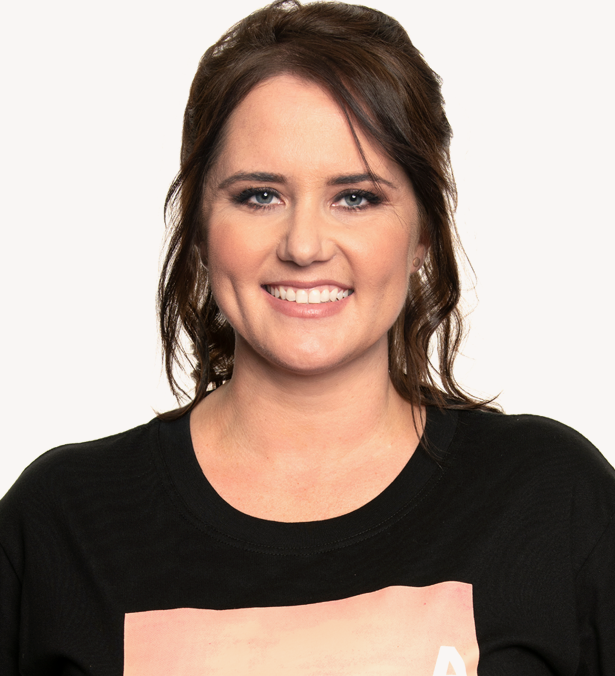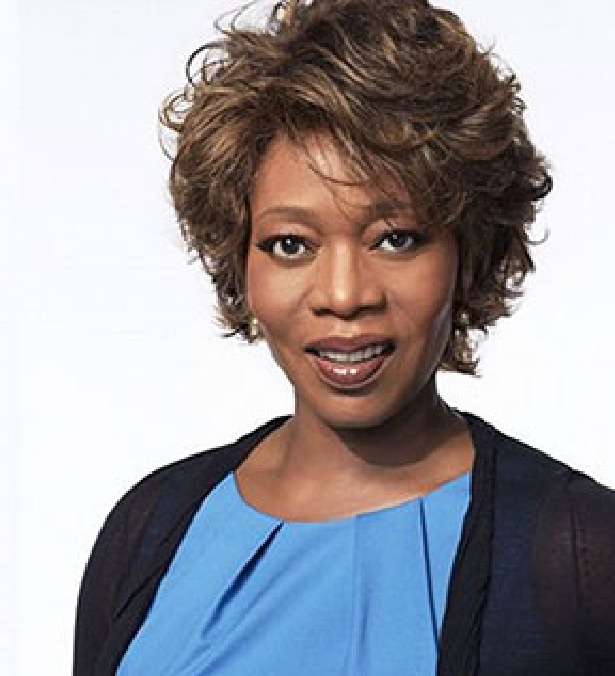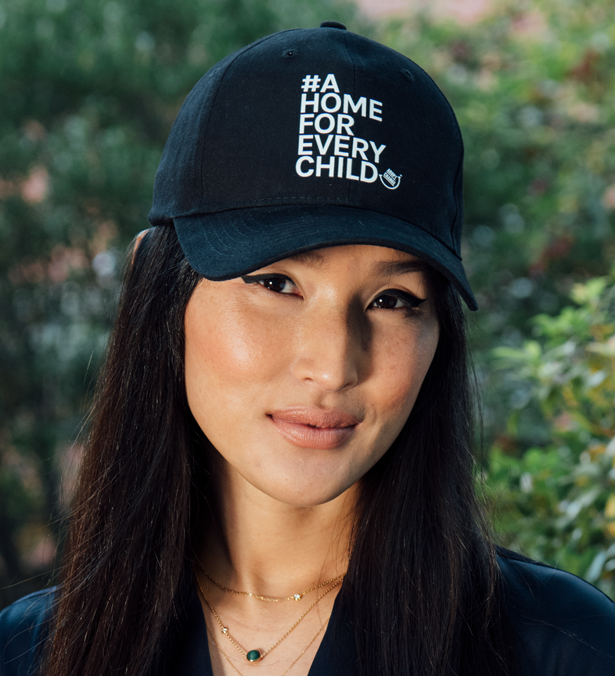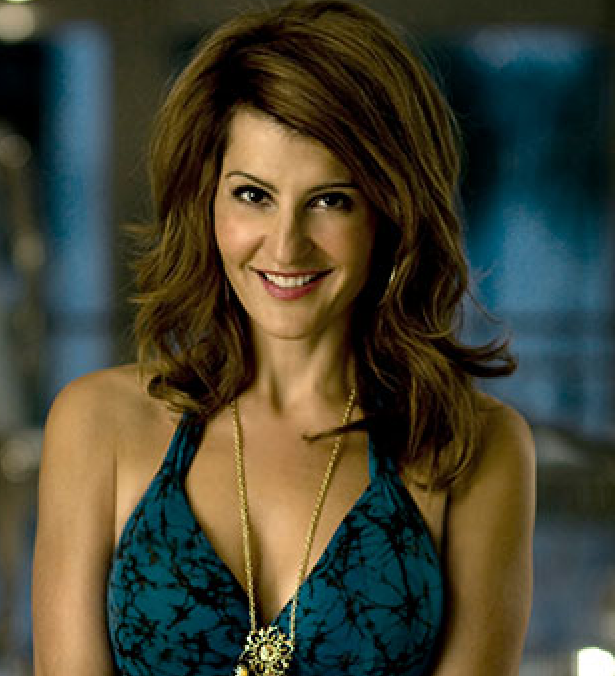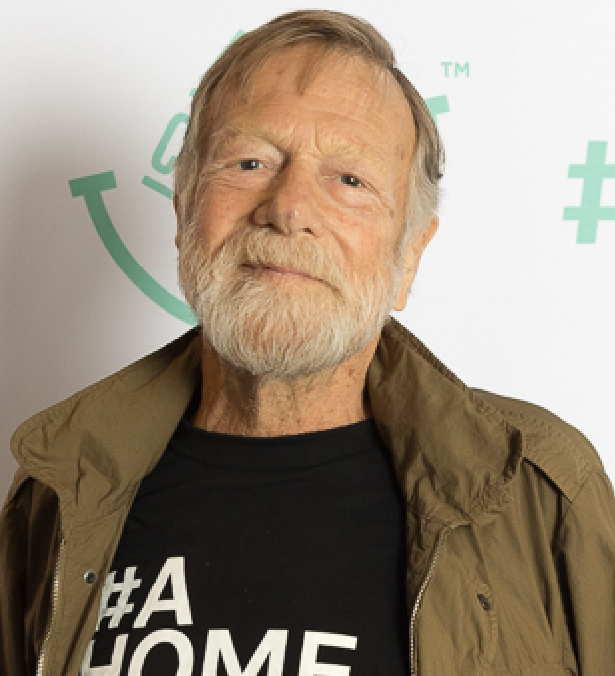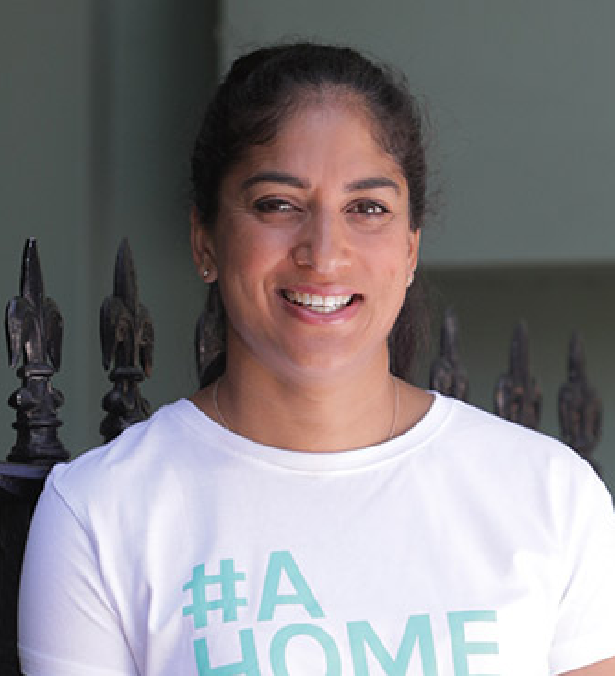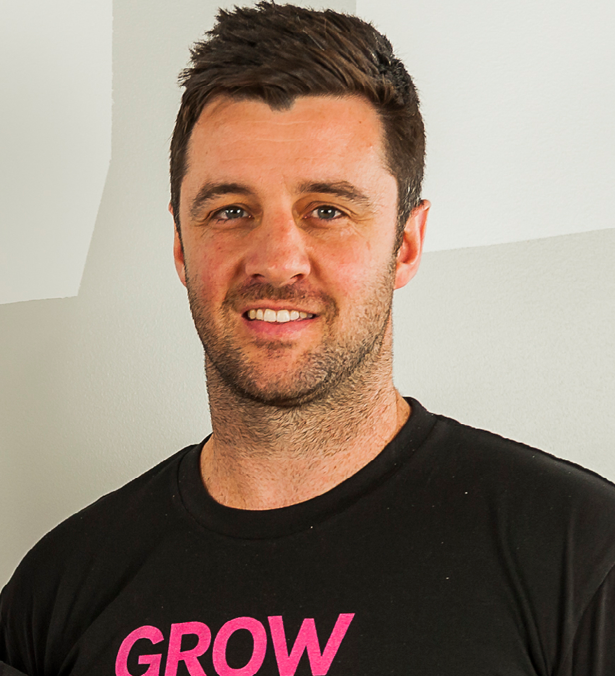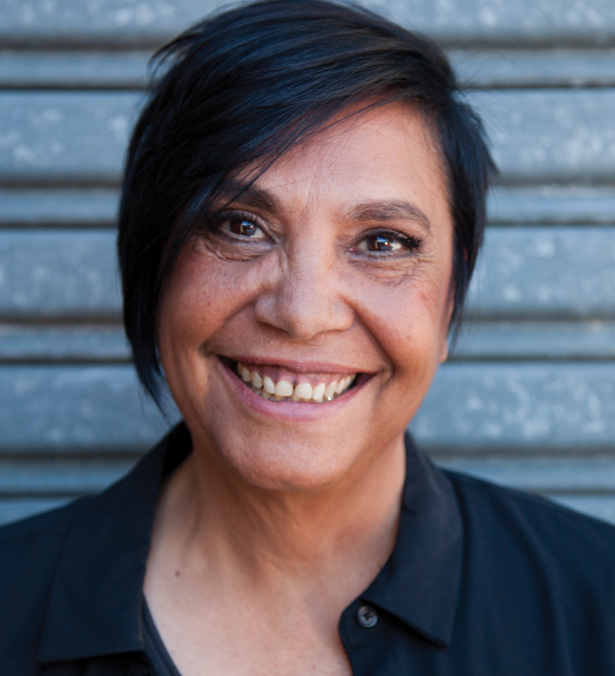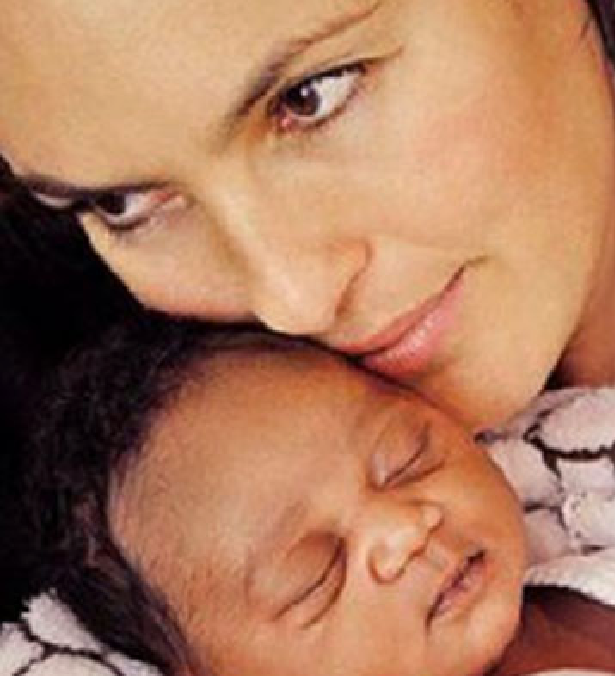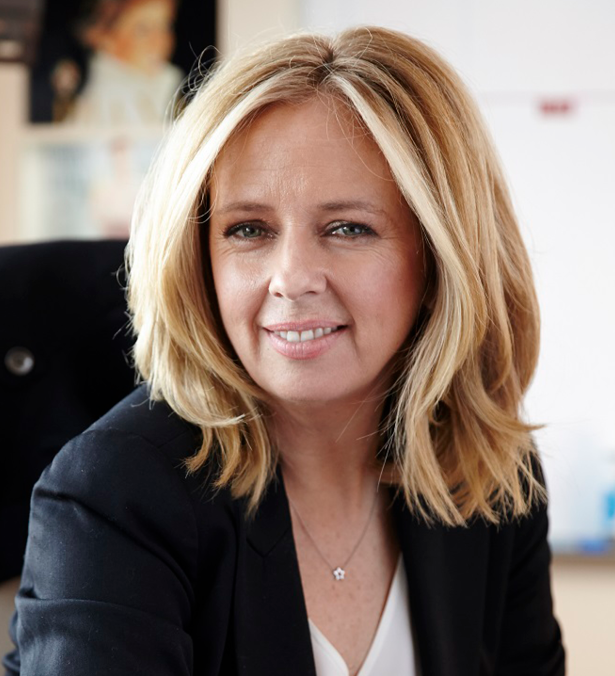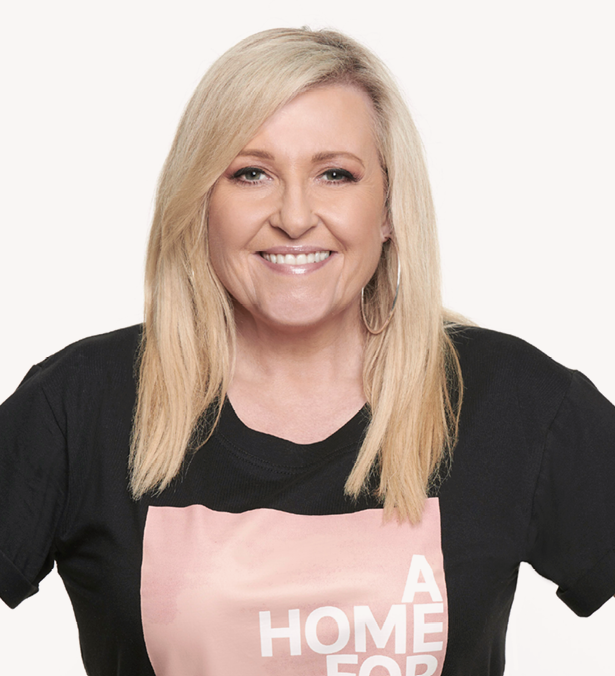Long live Rosie the Hen
Attachment plays such a crucial role when we are caring for children who have had less than ideal starts in life, but what happens when their attachment causes grief?
Living in the country we have a menagerie of animals. Chooks, rabbits, dogs, cats, goldfish, axolotl’s…and other slithery things who have taken up residence in tanks in my boys bedrooms. Whilst it’s absolute chaos, each of the kids has a pet or five they’ve named and are responsible for, tending to them in their daily chores. So when my youngest came in early one morning and said “Mum, I can’t find Rosie” my heart sank. Rosie was his hen who followed him around the yard waiting to be picked up and carried. He would often sit on the swing with her on his lap and tell her about his day, while reminding her how lovely she was. She laid blue eggs and, according to my son, this was all the proof needed of her extraordinary abilities.
Our neighbours had mentioned the previous day they’d spotted a fox nearby and, after telling my son to stay by the house as I headed down to the chook pen, my heart sank even further. There wasn’t much left, only a trail of feathers and the remnants of a blue egg. I turned around as my son said “Mum, what do you see? Tell me everything – don’t try and protect me”. Standing before me in his too-short pyjama pants and spikey bed hair he suddenly looked older than his nine years, his face stoic as he tried not to cry. My boy, who as a toddler had to deal with separation and attachment issues when he entered care, was again grieving for the loss of something so dear to him. Yet this time it was different. He was old enough and wanted to know, and I had to swallow my natural protective instincts and tell him, feathers and all.
When it comes to grief, children and young people in care have dealt with more than their fair share, however there’s a few things we can do as parents to help them through it.
- Understanding grief is a cycle. For these kids, it’s like riding a roller coaster through denial and anger, sadness and wanting things to change, to finally accepting the situation. And each of them will handle it differently.
- Telling them the whole truth. Kids who have trauma backgrounds are extremely perceptive to non-verbal communication. They can read into the slightest gestures and expressions, and whilst our words may say one thing, our body language may infer something else. By giving them all the information from the outset (age appropriate of course) all communication is in sync.
- Giving them time and space to feel. Grief comes with some big feelings, and processing them is going to take time. Providing them with a safe space to express those feelings without reproach is crucial, and will help with the healing process.
Whilst we instinctively want to take away their pain, ultimately it is not our pain to own. Their experiences will shape them as humans, and by supporting them on their journey we can help them develop healthy coping mechanisms to be able to navigate situations on their own. After working through his grief and emotion, our son has decided to plant a tree on our street which will be known as “Rosie’s tree”, where all the kids in the neighbourhood can come and lay a rock to commemorate their lost pets. What are some of the things your kids have created to cope with their loss?

